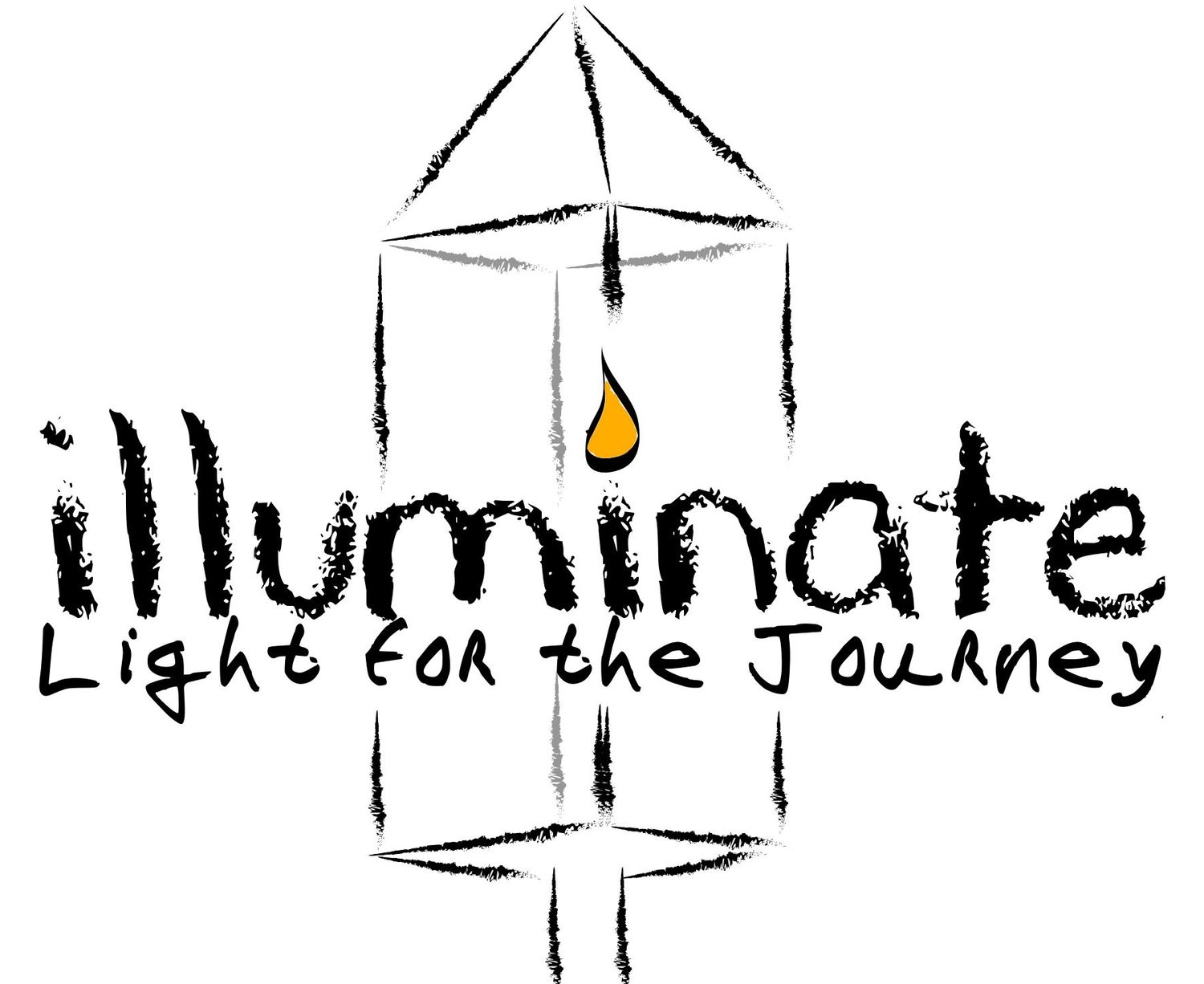“...a time to weep and a time to laugh,
a time to mourn and a time to dance…”
Ecclesiastes 3:4
I am not a dancer. I often joke about doing interpretive dance for church events, but no one has or will ever take me up on the offer. It probably has something to do with me being as graceful on the dance floor as a walrus using a hula hoop. It doesn’t stop me from offering. It probably never will. But I can appreciate the burst of energy and excitement that causes others to dance, almost like they can’t help it. 2 Samuel 6 describes this feeling as it came over David when he danced before the Lord in front of thousands of witnesses. And he was only wearing a loincloth. That’s a level of boldness I’m not sure I’ll experience. The elation, though, is familiar to me.
I appreciate Solomon’s contrasts in the beginning verses of Ecclesiastes chapter three. Uncontrollable laughter overtook my wife and I just days ago after reading a spectacular auto-correct fail from a friend meaning to console us. Tears streamed down our faces; the moment was both cathartic and well-timed. The sorrowful weeping came days later, as we knew it would. The beautiful timing had a taste of divine providence. On one hand was the truth of loss everyone will experience in this broken world, on the other mirth of kinship amongst friends and family.
What really strikes me is the second half of verse four. As we mourn, we are offered a promise, a contrast, to counterbalance the feelings clawing away at our insides. I’m fascinated that Solomon contrasted mourning with dancing. Why dancing? Why not rejoicing? Was this a concept Solomon learned from his father, for David wrote:
“You have turned for me my mourning into dancing…”
Psalm 30:11
There is a relevant cultural explanation for this, but I find that answer too trite. The heart of the matter is far broader. Because of what Jesus did on the cross, death is no longer some illusive end point for a mortal existence. Eternity beckons us to one of two destinations, so for those who are in Christ Jesus, death is just a temporary painful physical separation. Mourning is an expression of that loss, grieving the loss of someone’s presence in this mortal existence, but what if it was more than that? What if mourning included acknowledging a separation that reached beyond the loss of a loved one?
I ask this because I know what if feels like to mourn, but I have to wonder what it might feel like for that separation to no longer exist. Ever. No separation from the living and the departed; no separation from the divine and His creation. Can anyone fathom an existence without separation, without pain, without mourning? So far, none of us have ever experienced this. When I do get to experience it, I can see why it would make me burst into dance.

